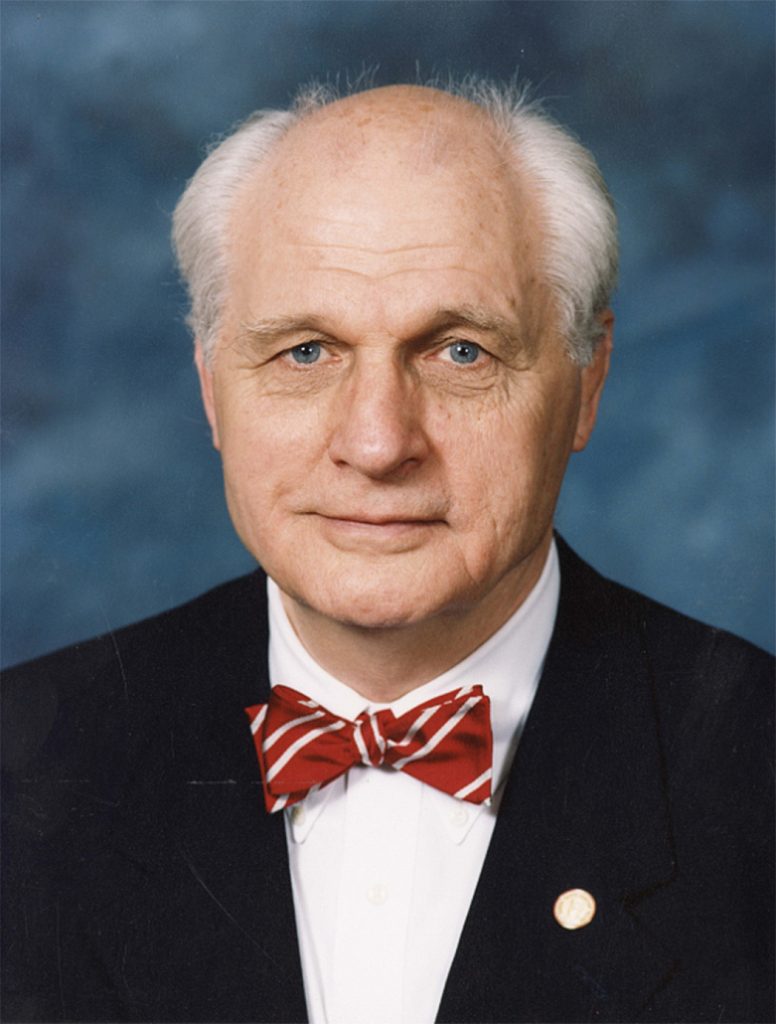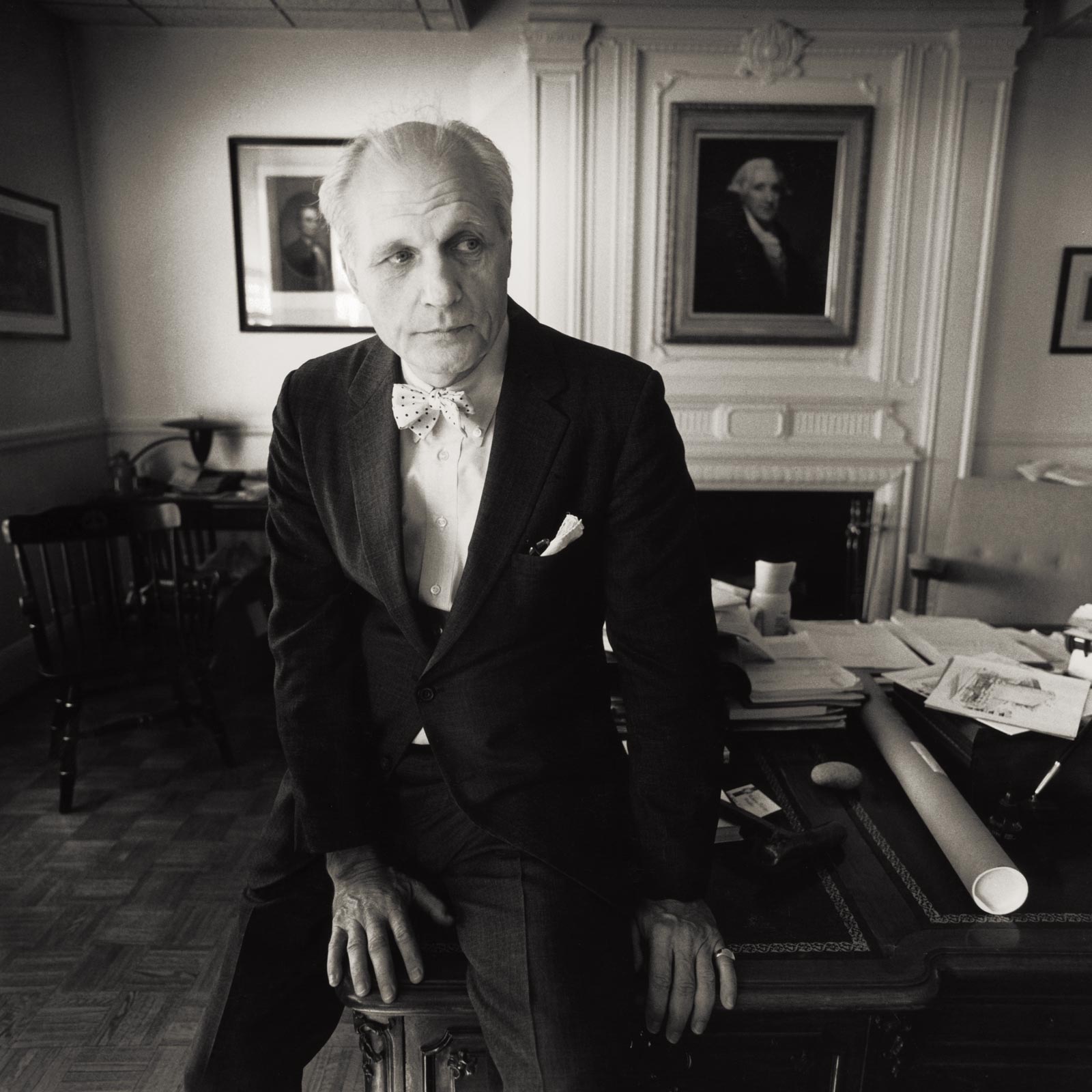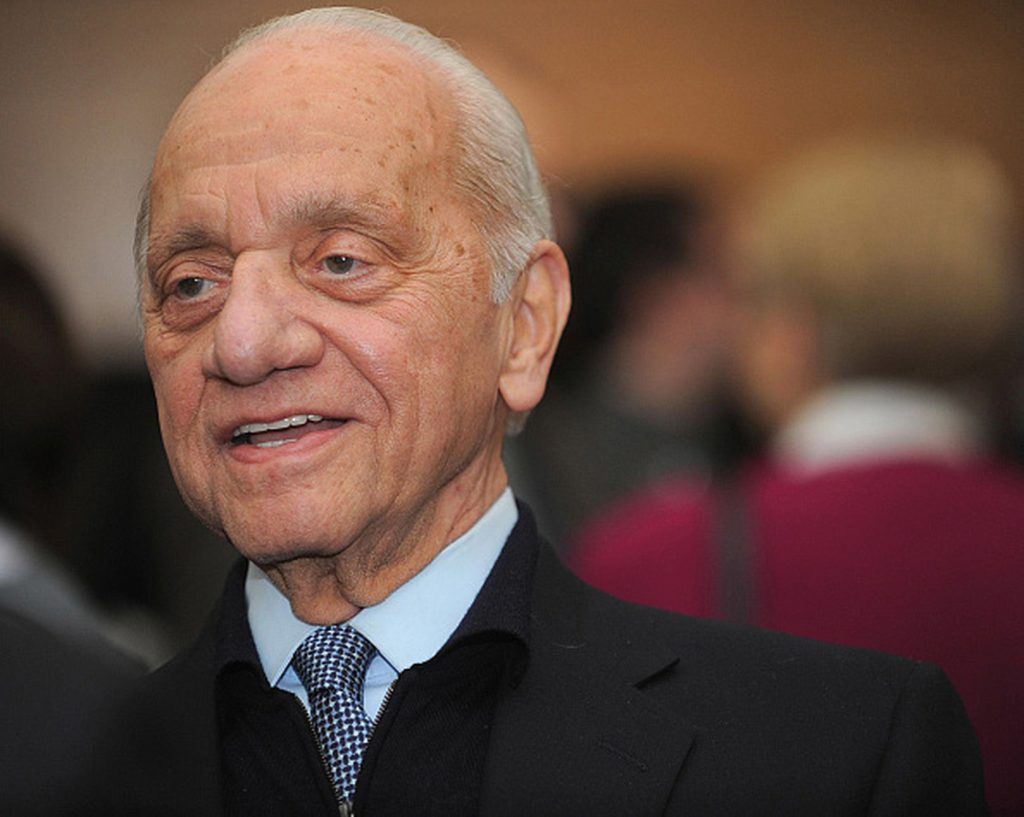President Kurt L. Schmoke shares his reflections on two influential leaders whose legacies endure at The University of Baltimore

DR. H. MEBANE “MEB” TURNER 1930–2023
H. MEBANE TURNER’s dedication to UBalt as its president for 30 years is instantly recognizable. Perhaps his greatest achievement was leading the University’s transition from a private institution to a fully accredited state university in 1988. This arrangement allowed UBalt to collaborate and share resources with its partner schools across the University System of Maryland and secured the institution’s future as not only a recognized leader in urban education, but also as a unique contributor to Maryland’s mix of top-notch undergraduate, graduate and professional-level institutions.

Meb always saw the great potential of a university with deep roots in the city’s center. He expanded the campus footprint by several acres, erected new buildings, and encouraged improvements to the retail and residential areas surrounding UBalt. He paid close attention to everything that makes up central Baltimore, and we continue to benefit from his kind of TLC every day. It’s also true that his affections were returned to him many times over. Our alumni especially had a lot of love for Meb, because just like them, they saw how passionate he was about their alma mater.
To many of us, Meb was a refined Southern gentleman, complete with bow tie, tailored suit and a disarming demeanor. He also had a contemplative side. At some point in his early adult life, he was torn between joining the ministry or becoming a wrestling coach. Somehow, he let both of those choices go by the wayside. Instead, he built a major career in higher education. It should surprise no one that before he arrived here, first as our provost and then as president, he worked as a stockbroker, an army chaplain, a dean of students, an admissions director, and an assistant director of financial aid. He certainly knew his way around a college campus—and he recognized that in UBalt there was a good foundation for living an outstanding life.
“A UBalt education prepares graduates to adapt to their changing circumstances,” he once said. Of course, he was right.
I expect that in the years ahead, we’ll recognize Meb Turner in the very fabric of the institution. We’ll miss him, and we’ll look for his special brand of wisdom and kindness when circumstances are a bit cloudy, perhaps a little uncertain.
Those good things are still there. When you live as selflessly as he did, they continue well into the future.

PETER G. ANGELOS,
LL.B. ’61
1929–2024
PETER ANGELOS will be remembered by most in The University of Baltimore community for his work as a trial lawyer and as the owner of the Baltimore Orioles. We take particular pride in the fact that he was a graduate of the University and was the lead donor to help establish the world-class building that is home to our law school.
Because of my interest in and involvement with Baltimore city government and its politics, I like to remind people of Peter’s important role as an elected official. Peter served as a member of the City Council from 1959 to 1963. He also was a candidate for city council president in 1963 and candidate for Mayor in 1967. Unfortunately, he lost both races to Tommy D’Alesandro III, a young lawyer with quite a political pedigree—his father was a former Baltimore mayor, and his politically active sister would become the first woman elected speaker of the U.S. House of Representatives. His loss of those two elections is significant, and they came about not just because he ran against a well-known and powerful opponent. No, Peter’s loss can be attributed in great part to the principled actions he took as both councilman and candidate.
You might recall that when Peter entered the City Council in 1959, it was only four years after the city’s public schools were integrated in response to the Supreme Court decision in Brown v. Board of Education. In the early 1950s, Baltimore not only had racially segregated schools, but also certain retail establishments with discriminatory policies, as well as restaurants that refused to serve Black customers. That Supreme Court decision, however, began to have a ripple effect on the Baltimore community, leading to the dismantling of some vestiges of segregation while also fueling resistance to change in other quarters of society.
Councilman Angelos made it clear from his first days in office that he intended to be on the side of progress. He not only debated resisters on the floor of the council, he introduced legislation to combat real estate practices that were designed to promote segregated neighborhoods. That early fair housing bill was defeated, with one result being that Peter Angelos was marked as being too liberal for a majority of Baltimoreans at that time. Peter then cemented that view of him by running for mayor on the first racially integrated ticket in the city’s history. Although he lost, he made a powerful statement about the need for change and the importance of embracing the diversity of the community.
Peter never ran for public office again. But he remained very involved in political affairs. I was honored to receive his support when I ran for city state’s attorney and later for mayor. From time to time during my tenure in public office, I would have lunch with him to talk about current issues facing the city, but I noticed that it always gave him most pleasure to sit back and reminisce on his days as the fighting young city councilman from East Baltimore.
As I said, he was known for his skills in the courtroom. But I think we also owe Peter Angelos our gratitude for his pursuit of justice for the people of our city. That’s quite a legacy.
